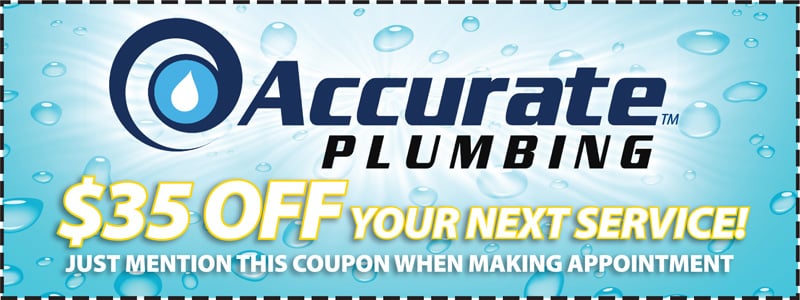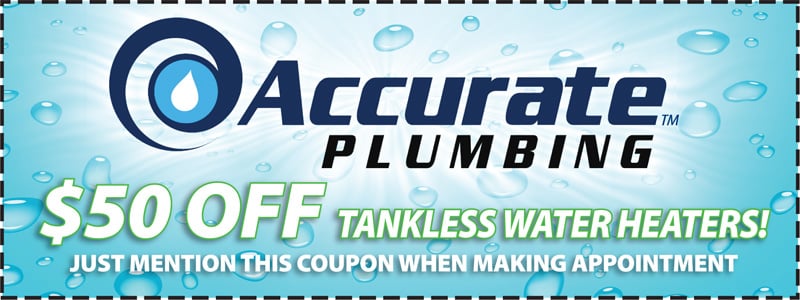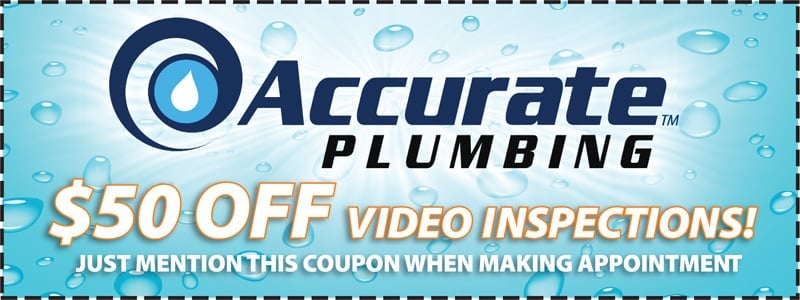You have a large family or you have guests over, and your shower turns cold on you. Conventional water heaters have a limited volume of hot water, you know this, so you also know there’s no choice but to hurry up in the cold water or get out and wait for your conventional water heater to replenish the hot water.
This situation is a thing of the past with tankless (on-demand) water heaters. The best thing about tankless water heaters is that you get endless hot water. No need to keep 40-50 gallons of water hot 24 hours a day. Everyone in the house can shower before you, and there will always be hot water on tap for your shower and any other use in the house. Also if you need to fill a hot tub, whirlpool or warm a swimming pool, there is no better tool for the job, and like solar, tankless is here to stay.
If it’s a business like a restaurant, there’s never a need to worry that the tap will run cold on the dishes when the dining room is really busy and the pressure is on.
When contacted for this article regarding uses of tankless water heaters in businesses, Gene Hubbard at Accurate Plumbing in Chico, California said: “We installed a tankless water system for Hula’s restaurant in Chico, California a few years back. We carefully surveyed their hot water usage, and installed multiple tankless water heaters in tandem that now supply the wide variety of hot water needs for this popular Northern California business. The system is much more efficient than the traditional system they had, cutting their hot water gas emissions in half.
There are many lines of tankless (or on-demand) water heaters out there, perhaps the most popular is Noritz. When asked about brands, Hubbard from Accurate Plumbing added: “Noritz is a company that has a wide variety of units and sizes that fit any use, and they’re among the highest rated for efficiency.”
Most plumbing companies offer the units directly these days, so there’s no need to purchase the appliances separately, making installation that much easier.
There are a few important advantages to tankless water heaters:
– Endless hot water. That’s a big one.
– The units run on gas or propane and only heat the water when needed, saving a lot of energy, typically 40-50%.
– Due to their on-demand nature, they produce less emissions than conventional water heaters.
– They mount on the wall so they take up much less space.
– New technology minimizes the potential of gas leaks and ventilation issues that can be experienced with conventional water heaters.
The main disadvantage is that you have to buy one and have it installed, as unfortunately, installing a tankless water heater is not a do-it-yourself project. Because tankless water heaters have high-powered burners, they also have unique venting requirements, like a dedicated sealed venting system that needs professional installation.
To learn more about Tankless Water Heaters, talk to Gene yourself (www.accurateplumbingchico.com
Like any energy saving appliance that you install in your home nowadays, the up front investment is a necessary thing, but having tankless water heater installed is one of those good investments that, like solar energy, provides very real returns in energy savings for years to come.
 When you want it done right, fast.
When you want it done right, fast.


